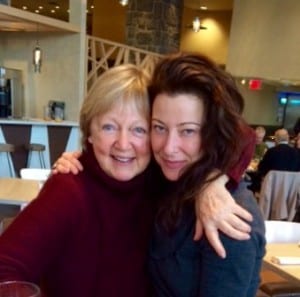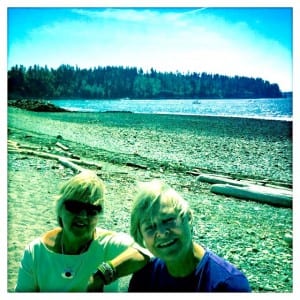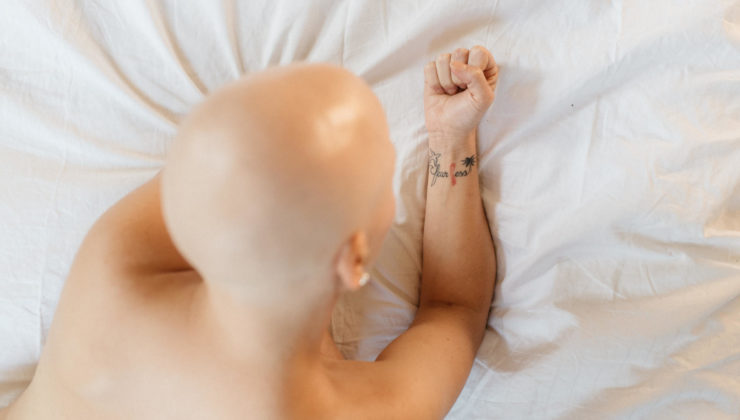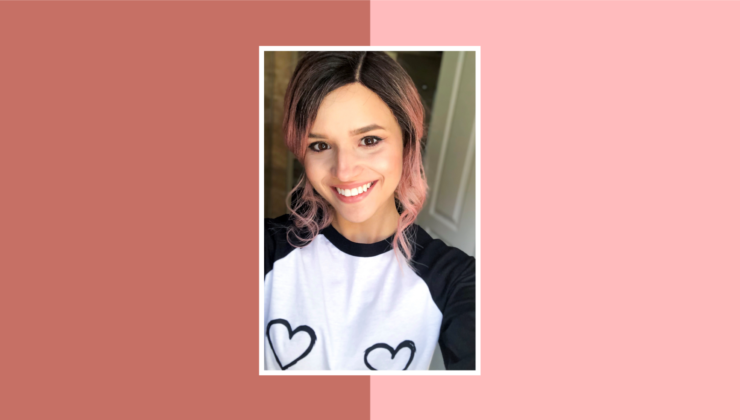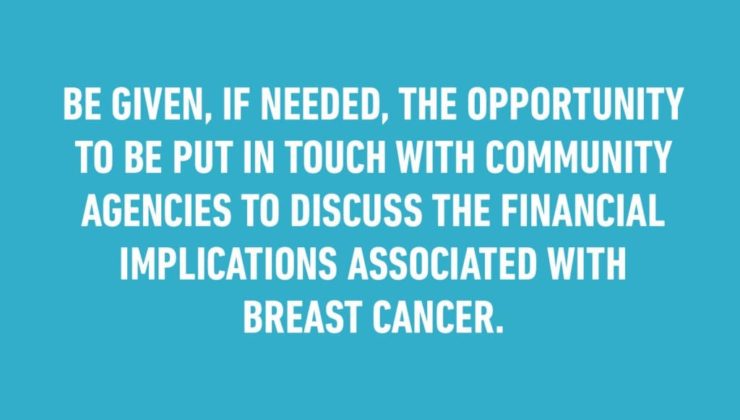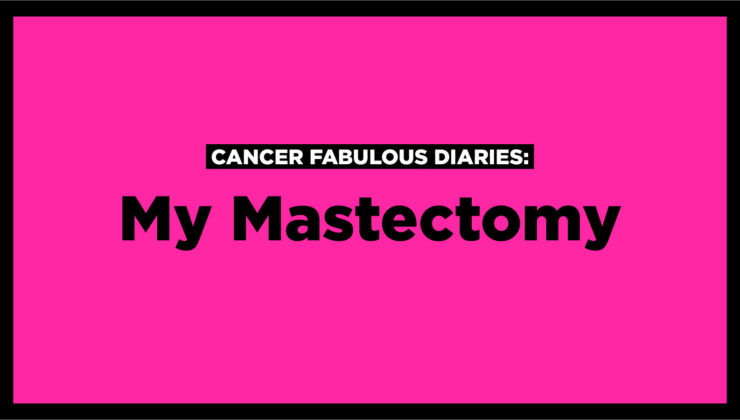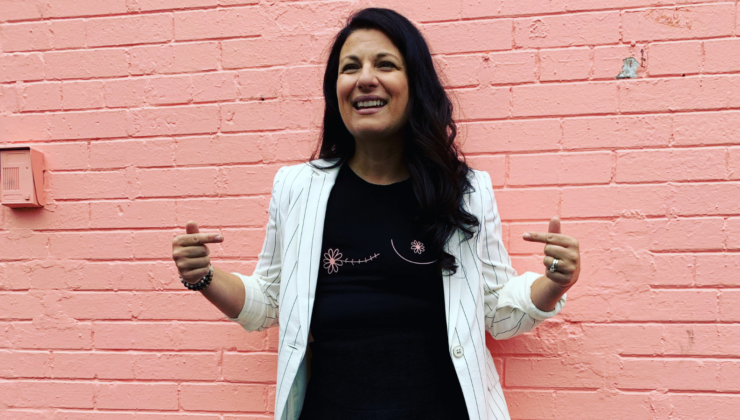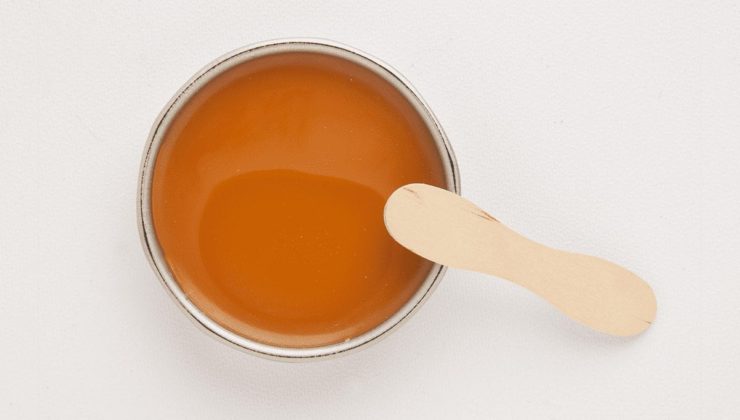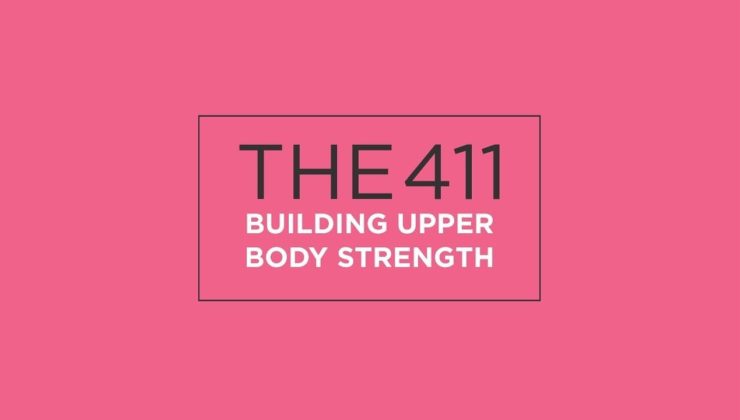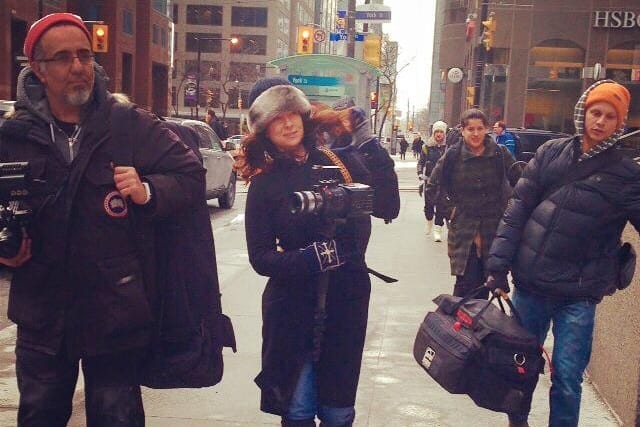
Why I Wanted to Direct Rethink’s HIGH RISK Film
It’s a beautiful Friday afternoon and I am stuck in traffic. As I look to the right and left of me, my camera eyes capture people who appear frustrated, or are involved in dramatic conversations or simply listening to music. I am reminded that we truly have no idea about the stresses that a person may be dealing with.
This past January I filmed 7 women over the span of a week and asked them to share their story about being diagnosed as ‘high risk’ for breast cancer. Not only did I learn so much, but I was totally in awe about how they viewed being placed in this category. It became very clear to me that the film I wanted to make wouldn’t focus on the hardships–although this was an integral part of their journey–but would showcase each individual as they prepared to move forward with this difficult news. Finally, I wanted the audience to walk away not fearing being deemed ‘high risk’. My goal was to be informative, compassionate, hopeful and helpful in making people aware of the resources available to them.
The women I interviewed trusted me, were vulnerable and honest. In deep gratitude and in paying homage to them, I feel it is important to share my story of being ‘high risk’ and how it has inspired me to become a filmmaker and to work with Rethink Breast Cancer.
I never met my grandparents on my mother’s side; they both passed away before I was born. My grandmother died of breast cancer at the age of 51 (my grandfather died of a heart attack). My aunt was diagnosed with ovarian cancer at the early age of 47 and was treated with chemo, radiation and surgery. Following a year after treatments, cancer showed up in her breast. She went through more treatments and finally decided to have a double mastectomy. Today she is cancer free.
My mother was diagnosed with ovarian cancer at age 52 and underwent surgery. Following the diagnosis and surgery, she was admitted to hospital and underwent chemo and radiation for a total of 7 months. She decided to have a prophylactic hysterectomy and mastectomy. She is cancer free.
This is how I met breast cancer, through bathing my mother, trying on different wigs with her, and witnessing the frailty of these once vibrant women. This was also the first time I heard of the term ‘genetic testing.’ My grandmother had four daughters. After genetic testing, three of the four have inherited the mutated BRCA1 gene.
My mother educated my brother, sister and I immediately and suggested we get tested for the gene. I was very young when I got this news and didn’t want to face the results.
After a while, my older sister decided to take the test. After being married and bearing a son, she felt a responsibility to be in informed. She tested positive for the genetic mutation and, at the early age of 36, had a hysterectomy and early onset menopause. It was very tough to watch my sister go through this. She mourned knowing she would not have another child and struggled with hot flashes and depression resulting from the early menopause.
Though I wasn’t prepared to get the gene test, I did start seeing a breast cancer doctor. At the young age of 28 I started having annual mammograms and MRI’s because of the high risk cancer history. I knew that as I got older my risk of cancer would increase if I had the gene. This weighed heavily on me and it placed unintentional stress on my relationship(s). I felt the pressure to have children sooner than later; I needed to know if the person I was sharing my life with was ‘the one.’ Subconsciously it haunted me all the time. My long term relationship ended, I was doing very well in my career and was feeling positive that I would meet someone sooner than later but it doesn’t always work out that way.
My doctor pretty much begged me to get the genetic testing, saying that nothing would change in terms of being screened and that she would walk me through the options of preventative surgeries. I still dreamt of having my own family and the thought of a prophylactic hysterectomy was not an option. She reminded me that I have both my mother and my father’s genes and that I have a 50% chance of having it (and not having it!). After much deliberation I decided to get tested so I could consider my future with or without carrying my own children.
Two months later I was called into the research division at Women’s College Hospital to review the results. The cancer gene expert explained to me that the blood work was sent to two separate labs to ensure an accurate result. They told me that they would read it out loud so we could discuss the outcome.
“Jessica Edwards, daughter of Ann and Cliff Edwards, we have tested you for the BRCA1 gene, which your mother, aunt and sister carry. After testing you for the gene we confirm that you are negative”.
Tears turned on like a light switch. I asked them to repeat the result, I was so confused. I left the office a mess, walking around Toronto for hours in a fog. How was I going to tell the amazing women in my family, who have been scarred and beaten up in every way, that I don’t have it? The guilt was heavy. One thing did become very clear to me: the feeling that I had a new lease on life. Though I was still within the high risk category, my risk level at my young age dropped significantly and I wanted to immediately bite off as much as I could in life.
Two days later, I walked into work and quit my job to pursue my love of filmmaking. It took some time to tell my family but with everything we all know now we are living our lives to the fullest and we are very much a part of each other’s journey. Bringing stories to life through moving pictures is my love and I am grateful every day for giving this passion my attention. I shared this story with MJ, the founder of Rethink Breast Cancer over a year ago and let her know that creating content and/or films to support what she started was my way of giving back. It’s important for me to shine a light on our loved ones.
To my mom, my aunt, my grandmother whom I never met, my sister, my nieces and nephew, and all the incredible people who could use something and someone to relate to when faced with this disease–this is for you.
– Jessica Edwards, Director, HIGH RISK: A Rethink Breast Cancer Film

